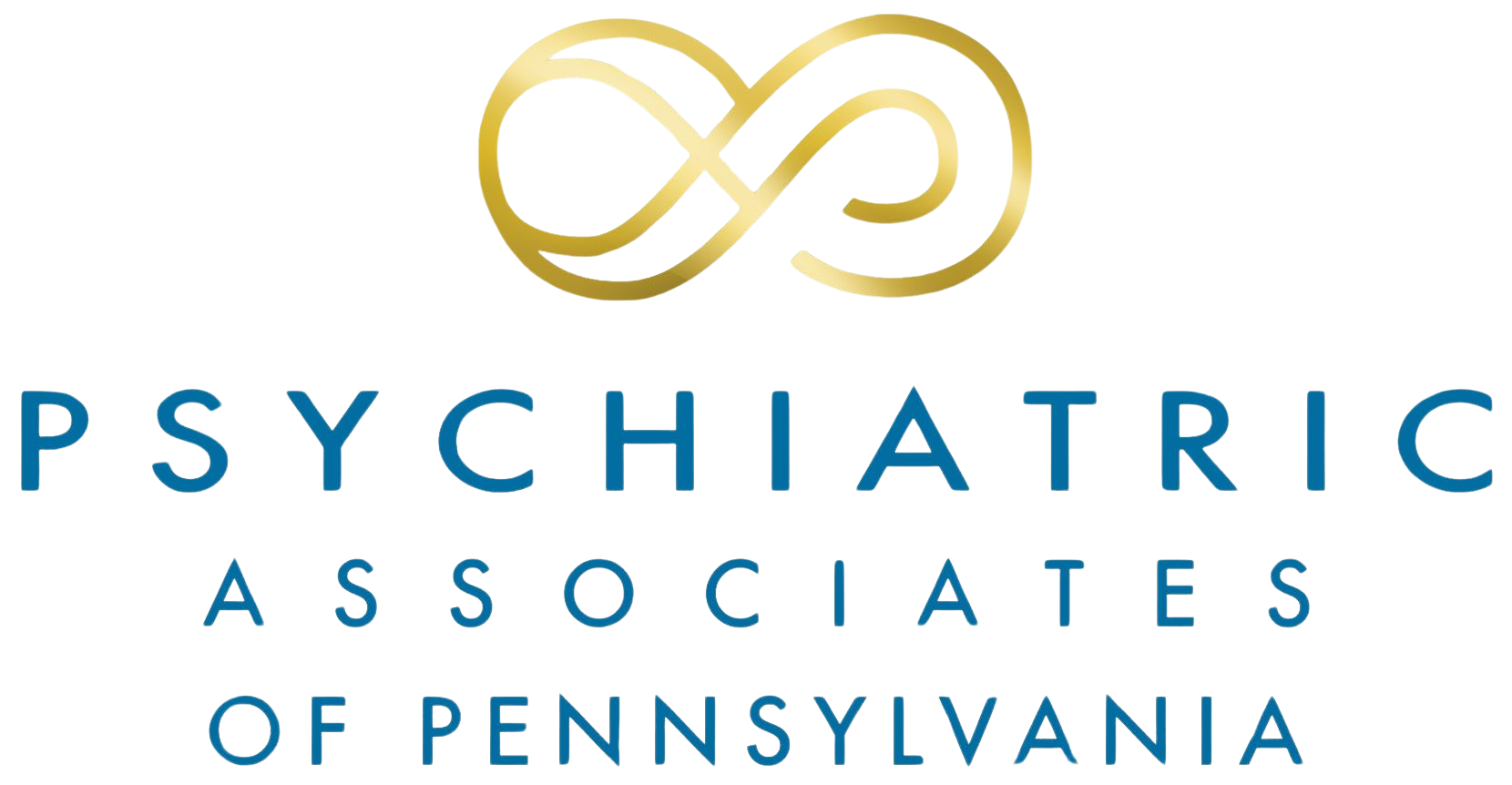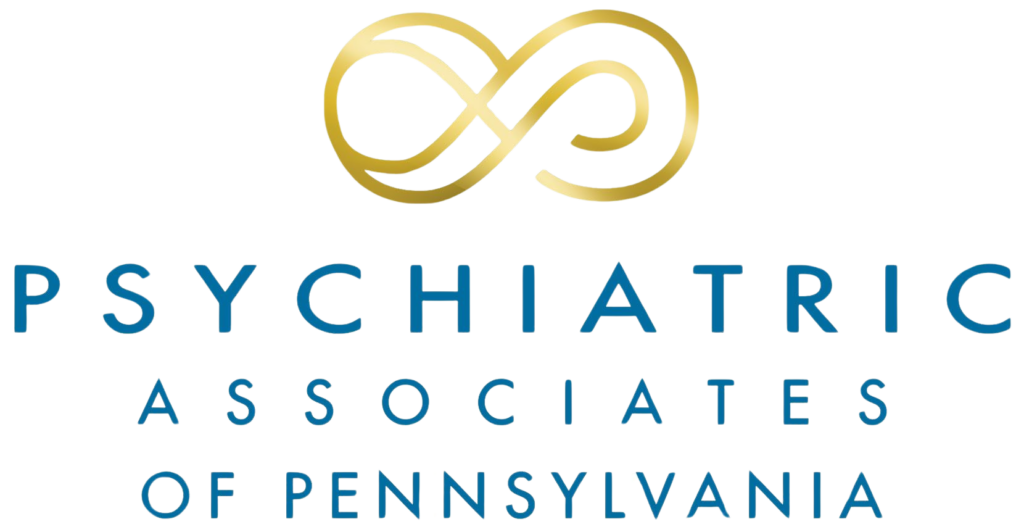What is psychopharmacology and medication management?
Psychopharmacology is the study of how drugs affect the mind and behavior. It involves understanding the mechanisms of action of various psychotropic medications, their therapeutic uses, potential side effects, and interactions with other substances. This field combines principles from pharmacology, psychology, and psychiatry to develop and manage treatments for mental health disorders such as depression, anxiety, schizophrenia, and bipolar disorder.
Finding the right medication and treatment plan can sometimes take time and patience. It’s important to work closely with your healthcare clinician and not to make changes to your medication regimen without professional guidance.
Key areas of focus in psychopharmacology
Psychopharmacologists work closely with psychiatrists, psychologists, and other healthcare professionals to provide comprehensive treatment plans for patients with mental health disorders. The key areas of focus in psychopharmacology are:
Understanding how different drugs interact with neurotransmitters and receptors in the brain to alter mood, cognition, and behavior.
Identifying which medications are effective for specific mental health conditions and determining the appropriate dosages.
Studying the potential adverse effects of psychotropic medications and how to manage them.
Investigating how psychotropic drugs interact with other medications or substances, including alcohol and recreational drugs.
Exploring how genetic, biological, and environmental factors influence individual responses to medications.
Frequently asked questions
Medications are prescribed in mental health for several reasons, primarily to manage and alleviate the symptoms of mental health disorders. Here are the key reasons why medications are prescribed:
- Symptom Management: Medications can help reduce or eliminate symptoms such as depression, anxiety, hallucinations, delusions, and mood swings, which can significantly impair daily functioning and quality of life.
- Stabilization: For individuals experiencing severe or acute episodes of mental illness (such as a manic episode in bipolar disorder or a psychotic break in schizophrenia), medications can help stabilize their condition quickly.
- Improvement of Daily Functioning: By reducing symptoms, medications can help individuals function better in their daily lives, including work, school, and social relationships.
- Prevention of Relapse: Medications can help prevent the recurrence of symptoms in chronic mental health conditions, such as major depressive disorder or bipolar disorder, thus maintaining long-term stability.
- Complementary to Psychotherapy: Medications can make it easier for individuals to engage in and benefit from psychotherapy by alleviating symptoms that may interfere with the therapeutic process.
- Biological Treatment: Mental health conditions often have biological components, such as imbalances in neurotransmitters. Medications can help correct these imbalances, addressing the underlying biological aspects of the disorder.
- Enhancement of Other Treatments: In combination with other treatments like lifestyle changes, psychotherapy, and social support, medications can enhance overall treatment efficacy and outcomes.
- Safety: In cases where individuals pose a risk to themselves or others due to severe mental health symptoms, medications can be crucial in managing those symptoms and ensuring safety.
- Improved Quality of Life: By managing symptoms effectively, medications can improve an individual’s overall quality of life, enabling them to pursue their goals and enjoy life more fully.
- Treatment of Co-occurring Disorders: Many individuals with mental health disorders also have co-occurring medical conditions. Medications can help manage both mental health symptoms and other medical issues simultaneously.
- Reduction of Hospitalizations: Effective medication management can reduce the need for hospitalization by keeping symptoms under control and preventing crises.
Medications are an important tool in the comprehensive treatment of mental health disorders. They are often used in conjunction with other therapies to provide a holistic approach to mental health care. The specific medication and treatment plan are tailored to each individual’s needs, based on their diagnosis, symptoms, and response to treatment.
Medication management for mental health is typically needed in several situations:
- Diagnosis of a Mental Health Disorder: When an individual is diagnosed with a mental health condition such as depression, anxiety, bipolar disorder, schizophrenia, ADHD, or other psychiatric disorders, medication may be recommended as part of the treatment plan.
- Severe Symptoms: When symptoms of a mental health disorder are severe and significantly impact daily functioning, medication can help stabilize these symptoms. This can include severe depression, acute anxiety, psychosis, or mania.
- Lack of Response to Other Treatments: If non-medication treatments such as psychotherapy, lifestyle changes, and other interventions do not provide sufficient relief, medication may be considered.
- Chronic Conditions: For chronic mental health conditions that require long-term management, medication can be a crucial component of ongoing treatment to maintain stability and prevent relapse.
- Co-occurring Disorders: When an individual has co-occurring mental health and substance use disorders, medication management can help address both issues simultaneously.
- Safety Concerns: When an individual poses a risk to themselves or others, medication can help reduce these risks by stabilizing their mental state.
- Acute Crises: In situations of acute mental health crises, such as severe panic attacks, psychotic episodes, or suicidal ideation, medication can provide rapid relief and stabilization.
Medication management involves regular monitoring by a healthcare professional to assess the effectiveness of the medication, adjust dosages, manage side effects, and ensure the best possible outcomes for the patient. It often works in conjunction with other therapeutic approaches, including psychotherapy, lifestyle modifications, and social support.
Medication management for mental health can be provided by several types of healthcare professionals, each with specific training and qualifications. These include:
- Psychiatrists: Medical doctors who specialize in psychiatry and are qualified to diagnose mental health conditions, prescribe medications, and provide medication management. They can also provide psychotherapy.
- Primary Care Physicians (PCPs): General practitioners or family doctors who can diagnose and treat a range of health issues, including mental health conditions. They can prescribe medications and manage treatment, especially for common conditions like depression and anxiety.
- Nurse Practitioners (NPs) and Psychiatric Nurse Practitioners: Advanced practice registered nurses with specialized training in mental health. They can diagnose conditions, prescribe medications, and provide ongoing medication management.
- Physician Assistants (PAs): Healthcare professionals who practice medicine under the supervision of a physician. They can diagnose mental health conditions, prescribe medications, and manage treatment plans.
- Clinical Pharmacists: Pharmacists with specialized training in psychiatric medications who work as part of a healthcare team to manage medication therapy, educate patients, and monitor for drug interactions and side effects.
- Other Specialists: In certain cases, other medical specialists (such as neurologists) may also be involved in medication management, particularly when mental health symptoms are related to neurological conditions.
These professionals typically work in collaboration with other mental health clinicians, such as therapists and social workers, to ensure comprehensive care for the patient. Regular follow-up appointments are essential for monitoring the effectiveness of medications, adjusting dosages, and managing any side effects.
If your medications are not working as expected for your mental health condition, there are several steps you can take:
- Communicate with Your Healthcare Clinician: Inform your doctor or psychiatrist about the lack of improvement or any adverse side effects you are experiencing. Open communication is key to finding the right treatment.
- Review the Diagnosis: Sometimes, symptoms might be related to a different or co-occurring condition. A thorough reassessment of your diagnosis may be necessary to ensure that you are being treated for the correct condition.
- Adjust Dosage: Your healthcare clinician might adjust the dosage of your current medication to see if a higher or lower dose improves your symptoms.
- Switch Medications: There are often multiple medications available for treating the same condition. If one medication doesn’t work, another one might be more effective for you.
- Combination Therapy: Sometimes, a combination of medications can be more effective than a single medication. Your doctor might add another medication to your treatment plan.
- Check for Medication Interactions: Other medications, supplements, or even certain foods can interfere with the effectiveness of your mental health medication. Ensure your healthcare clinician is aware of everything you are taking.
- Lifestyle and Behavioral Changes: Incorporating lifestyle changes, such as regular exercise, a healthy diet, proper sleep, and stress management techniques, can enhance the effectiveness of medications.
- Therapeutic Support: Combining medication with psychotherapy (such as cognitive-behavioral therapy or counseling) can improve outcomes. Therapy can provide you with strategies to manage your condition more effectively.
- Explore Alternative Treatments: Some patients may benefit from alternative or complementary treatments such as acupuncture, meditation, or nutritional supplements, under the guidance of a healthcare professional.
- Genetic Testing: Pharmacogenetic testing can sometimes provide insights into how your body metabolizes medications, potentially guiding more personalized and effective treatment options.
- Seek a Second Opinion: If you are not satisfied with your current treatment plan or the results, consider seeking a second opinion from another mental health professional.
- Hospitalization or Intensive Programs: In severe cases where outpatient treatment is not effective, inpatient hospitalization or participation in an intensive outpatient program (IOP) or partial hospitalization program (PHP) may be necessary for more intensive treatment and monitoring.
Finding the right medication and treatment plan can sometimes take time and patience. It’s important to work closely with your healthcare clinician and not to make changes to your medication regimen without professional guidance.
Your Providers for Medication Management and Psychopharmacology
Below, you’ll find the provider(s) committed to delivering care and expertise for this focus area.
















